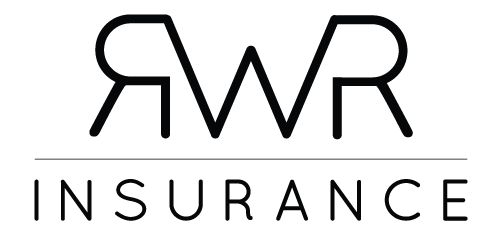
In the realm of transportation, few responsibilities are as paramount as ensuring the safety of passengers, especially when it comes to school bus transportation. School bus contractors play a vital role in this mission, tasked with safely ferrying students to and from school each day. However, with this responsibility comes inherent risks, ranging from accidents and mechanical failures to inclement weather and unpredictable road conditions. In this blog, we’ll explore essential risk management tips for school bus contractors, helping them navigate the road ahead with confidence and competence.
1. Prioritize Driver Training and Education
The first line of defense against risks in school bus transportation is well-trained and educated drivers. Invest in comprehensive driver training programs that cover defensive driving techniques, emergency procedures, and student management strategies. Regularly assess and update driver skills to ensure they remain adept at handling various situations on the road.
2. Implement Strict Maintenance Protocols
Regular maintenance is essential to keep school buses in optimal condition and reduce the risk of mechanical failures or breakdowns. Develop and adhere to a stringent maintenance schedule that includes routine inspections, servicing, and repairs. Proactively address any identified issues to prevent them from escalating into safety hazards.
3. Foster a Culture of Safety Among Staff and Students
Promote a culture of safety within your organization by instilling safety protocols and procedures among staff and students alike. Encourage open communication about safety concerns and empower employees to report potential hazards promptly. Educate students on proper behavior while on the bus, such as remaining seated and following the driver’s instructions.
4. Conduct Comprehensive Risk Assessments
Regularly assess and analyze potential risks associated with school bus transportation, considering factors such as weather conditions, traffic patterns, and route hazards. Identify high-risk areas or scenarios and develop contingency plans to mitigate these risks effectively. Stay informed about local traffic regulations and road construction projects that may impact bus routes.
5. Invest in Adequate Insurance Coverage
Insurance is a crucial component of risk management for school bus contractors. Ensure that you have comprehensive insurance coverage tailored to the unique needs of school bus transportation, including liability protection, passenger injury coverage, and property damage insurance. Work with experienced insurance providers who understand the nuances of the transportation industry.
6. Leverage Technology for Enhanced Safety
Explore technological solutions such as GPS tracking systems, onboard cameras, and driver monitoring tools to enhance safety and accountability. These technologies not only provide real-time visibility into bus operations but also facilitate data-driven decision-making and incident analysis.
7. Stay Vigilant and Flexible
Remain vigilant and adaptable in response to changing circumstances and emerging risks. Regularly review and update your risk management strategies to address evolving threats and industry best practices. Foster a culture of continuous improvement within your organization, encouraging feedback and innovation.
Managing risks in school bus transportation requires a proactive and multi-faceted approach that prioritizes safety, education, and preparedness. By implementing comprehensive risk management strategies, school bus contractors can minimize the likelihood of accidents and incidents, safeguarding the well-being of passengers and maintaining the trust of parents, schools, and communities. Remember, safety is not just a destination—it’s a journey that requires dedication, vigilance, and a commitment to excellence.
Disclaimer: The content provided in this blog is for informational purposes and should not be considered an offer for coverage. Each insurance policy is unique and may have varying terms, conditions, and exclusions. It is essential to consult with a qualified insurance professional or licensed agent for personalized advice tailored to your specific needs. This blog does not constitute a contract, policy, or guarantee of coverage. Always refer to your individual policy documents for full details.


